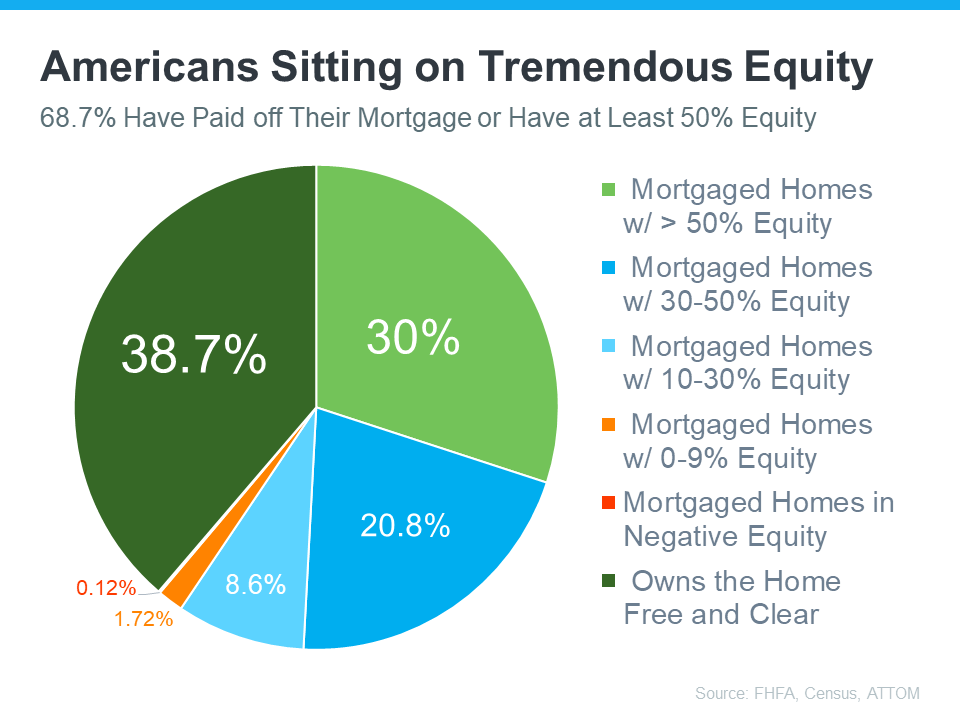
Considering putting your home on the market? The prevailing mortgage rates might be giving you second thoughts. The hesitation of many homeowners is to venture into a new home with potentially higher mortgage rates. If you share these concerns, remember that while rates might be surging, so is home equity.. Dive in for more details.
Simply put, residential equity reserves represents the part of your house that you truly own. It’s the gap between the property’s current value and the outstanding amount on your mortgage. As the value of your property escalates over time and as you chip away at the mortgage principal, your share of equity enlarges. Put differently, equity reflects your home’s present worth minus what’s pending on your mortgage, says Bankrate.
Surprisingly, homeowners might find that their ownership value has expanded quicker than anticipated. CoreLogic provides a clearer picture, stating:
“The equity in a home, for the typical U.S. homeowner currently stands at around $290,000, says CoreLogic.” This swift growth is attributed to the marked rise in home prices in recent years. With the market slowly finding its equilibrium, the imbalance between demand (still high) and supply (still low) is nudging prices upwards.
Recent data from the Federal Housing Finance Agency (FHFA), Census, and ATTOM suggests that nearly 68.7% of homeowners have either settled their mortgages in full or possess a minimum of 50% equity:

In the current economic landscape, the equity you’ve accrued can play a pivotal role if you’re looking to relocate. After selling, the built-up equity in your home can bolster your next purchase:
Key Takeaway: If relocating is on your mind, the equity cushion you’ve cultivated can be a game-changer in today’s context. To gauge your home’s current equity and harness it for your next property, let’s engage.
Frequently Asked Questions:
Defining Home Equity & Its Computation:
Strategies to Boost Home Equity:
Alternate Uses of Your Properties’ Equity?:
What Dictates My Equity?:
Is Leveraging Your Equity to Acquire a New Property Prudent in a High-Interest Landscape?: